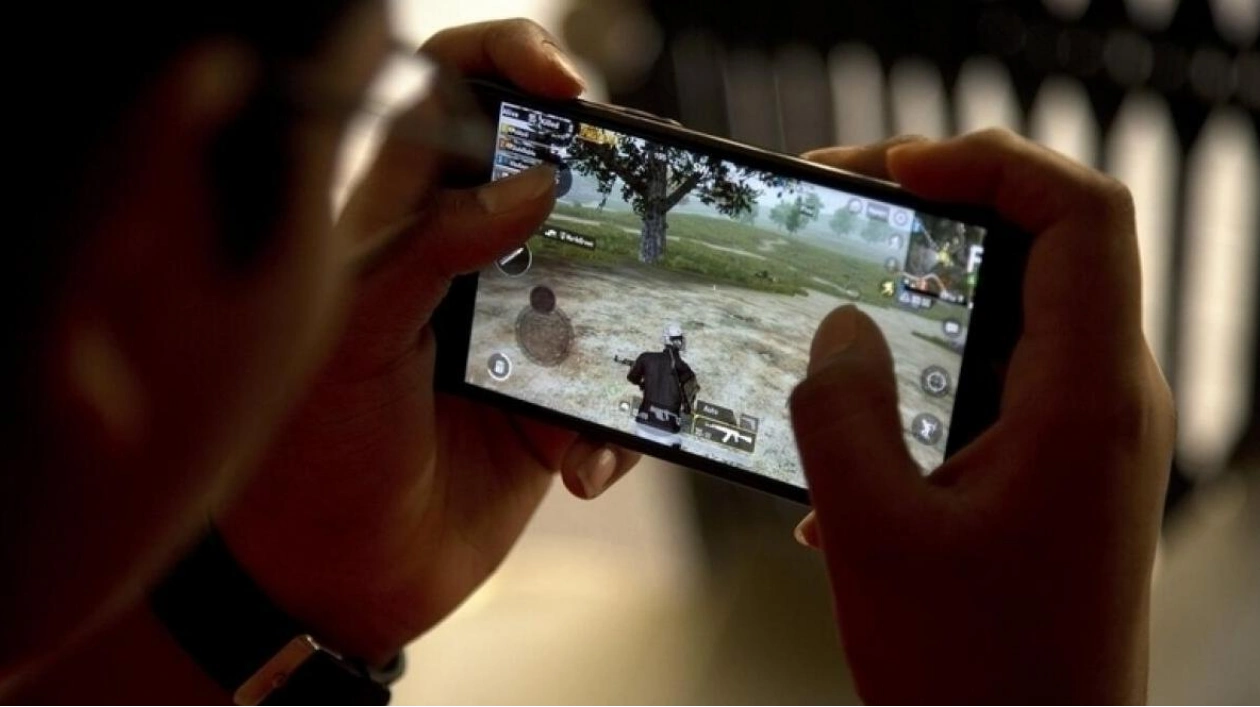As young people spend a significant amount of time online, they are increasingly influenced by the digital world, making them vulnerable to various dangers. Numerous alarming cases have surfaced, highlighting how isolated teenagers struggle to differentiate between the virtual and real worlds. Experts have recounted instances where teens encountered real threats online, urging parents to remain vigilant and understand the reasons their children seek solace in the digital realm.
A child psychiatrist based in Dubai shared the story of a young patient who started living as a character in an online game. Dr. C. B. Binu, Chief Psychiatrist and Medical Director at Al Fasht Medical Centre, explained, “She became so engrossed in the game that she began experiencing the character’s trauma and behaving accordingly.” Despite years passing, the patient has yet to fully recover from this condition. According to Dr. Binu, lonely and susceptible youngsters often turn to the digital world or online ‘friends’ for comfort and companionship.
This concern was underscored by a Florida mother who filed a lawsuit against an AI chatbot startup, accusing it of contributing to her 14-year-old son’s suicide. She claims the boy became deeply attached to the ‘frighteningly realistic’ chatbot, to the point where he couldn’t imagine living without it.
Dr. Binu also mentioned the Blue Whale challenge, a phenomenon that targeted vulnerable individuals a few years ago. He noted, “The challenge, initially an innocent game, escalated to encourage self-harm before culminating in suicide. The primary target was already vulnerable people, similar to how fraudulent online entities and chatbots exploit the weak, pushing them to the edge.”
Antony Bainbridge, Clinical Director at Resicare Alliance, a boarding service for young people with mental health and behavioral issues, stated that the internet provides a ‘seemingly easy escape’ for many teenagers from real-life problems. “Children and young people may seek validation or connection from strangers on online platforms when they feel isolated,” he said. Factors such as school bullying, family issues, or pandemic-related disruptions can lead to increased reliance on digital interactions, raising the risk of suicidal thoughts among this demographic.
Madhumita Adhya, a Teen Coach and Neuroscience Trainer, observed that youngsters often confide in strangers rather than friends, parents, or teachers. “These students are more likely to open up to AI-generated characters offering friendship than to people they know,” she said. The developing prefrontal cortex in teens makes them particularly susceptible to praise and unable to recognize how their brains can be manipulated by virtual characters.
Dr. Binu emphasized the importance of parental vigilance regarding their children’s online activities. “Parents often underestimate the digital footprint their children leave,” he said. “Even highly intelligent parents may not know how to protect their children online. Constant monitoring of their children’s device usage is crucial and non-negotiable.” He shared the case of a young girl who, thinking she was chatting with someone her age, sent compromising photos, only to discover later that the ‘boy’ was part of an illegal operation.
Anthony added that parents frequently overlook the online risks their children face. “Without proper supervision, children can easily access chat rooms, forums, or social media platforms where strangers may exploit their vulnerabilities,” he said. This lack of oversight can lead to manipulation by online predators and the sharing of personal information, compromising the child’s safety.
Source link: https://www.khaleejtimes.com






